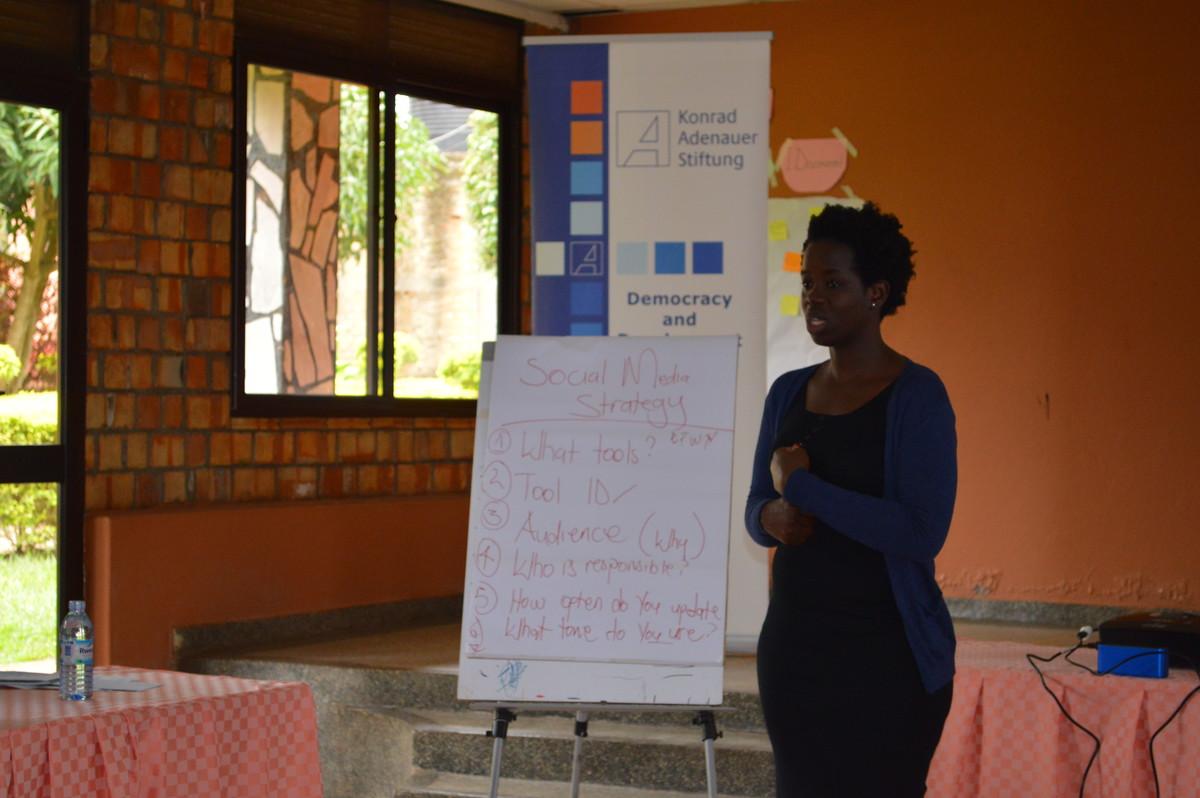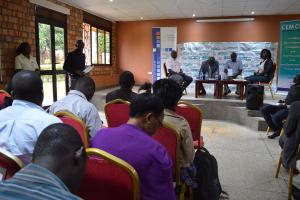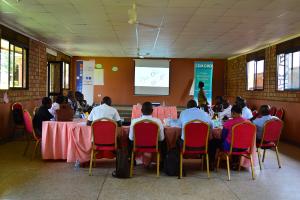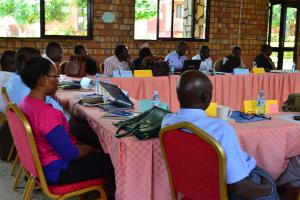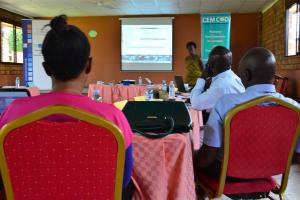Event reports
In partnership with KAS, the Centre of Media Literacy and Community Development (CEMCOD) organized a three day training workshop and a public dialogue on effective use of social media by local government leaders for civic engagement in Uganda. The training was aimed at strengthening the capacity of local government leaders in the Bunyoro sub region to effectively use social media platforms to engage citizens on policy, governance and development projects. The training was visualized on the notion that despite, the usage of social media across the globe to share information, local governments in Uganda continue lag behind and have not embraced social media as a new form of civic engagement and an excellent forum for discussions on relevant issues like governance, development and accountability. Yet elsewhere, social media platforms have made sharing of information quite easier than it used to be and have proved to be fundamental in engaging citizenry in developmental projects and participation in how they are governed.
On sharing their social media experiences, one of the participants mentioned that he started a WhatsApp group with his colleagues which has made communication relatively easier compared to how it was before. He also proposed a WhatsApp group for district communication offers in the region to facilitate information sharing and best practices.
Participants were then initiated to the significance of communication and information sharing between the leaders and the population. In this, participants were argued to strengthen information sharing with all stakeholders to facilitate inclusivity and participation by all in governance, policy decisions and development projects. Participants were thus, trained on the different platforms on internet and social media which they can use to share information with stakeholders.
Trainer Maureen Agena also request to check websites of all participating districts and these were found not to be up to date. Communication officers present in the training attributed this to unreliable internet and limited information exchange among the different departments. For other districts, these positions were vacant while for others office bears had taken study leave.
Participants then got skilled about the official use of social media platforms like Facebook, Twitter, LinkedIn to communicate with the population and other stakeholders. For Facebook, participants were taken through the process of opening up and managing a Facebook page for official purposes. After the process, participants were encouraged to open up Facebook pages for their respective districts and departments. They were also encouraged to keep these pages up to date if they are to attract viewers. Participants were also taught on how to open up and use twitter. Amazingly, only three of the 20 participants had a twitter accounts which also were not actively used. During a practical session on twitter, some of the participants were able to open and started using their twitter accounts to communicate what was happening at the training. Participants affirmed that they will open up twitter accounts for their respective districts and departments.
Participants also learnt about blogging. This was new to almost all the participants, still a number of them were able to open up their blog sites while promising to open up blog sites for their districts and departments. One zealous participant promised to have his first blog post within one week after the training.
However, participants noted the limited access to internet among the local population in the villages may continue to limit access to information even when shared on social media. They also noted that even for the local government offices, internet access is not reliable which may affect their use of internet and social media platforms. Participants challenged their districts administrations to prioritize funds for reliable internet and information sharing among the district departments to facilitate timely updates of the websites and other platforms.



